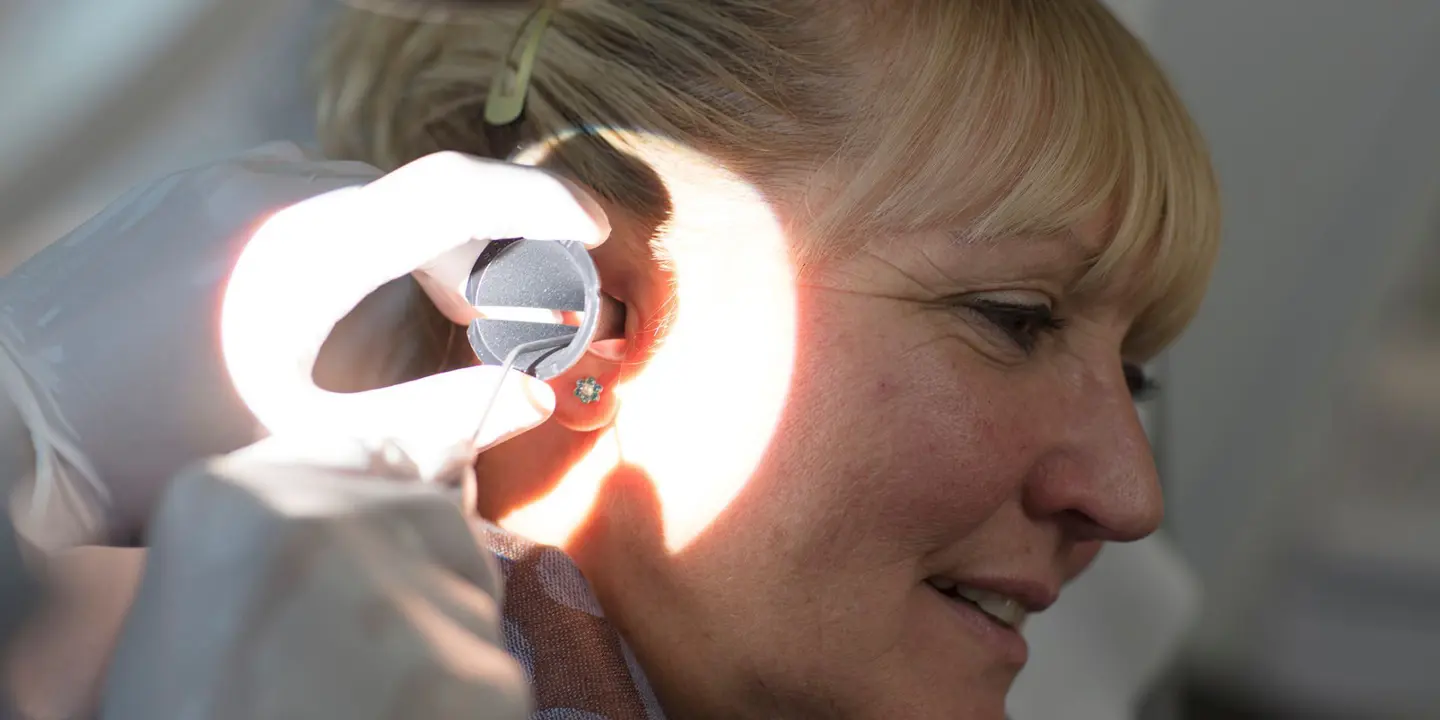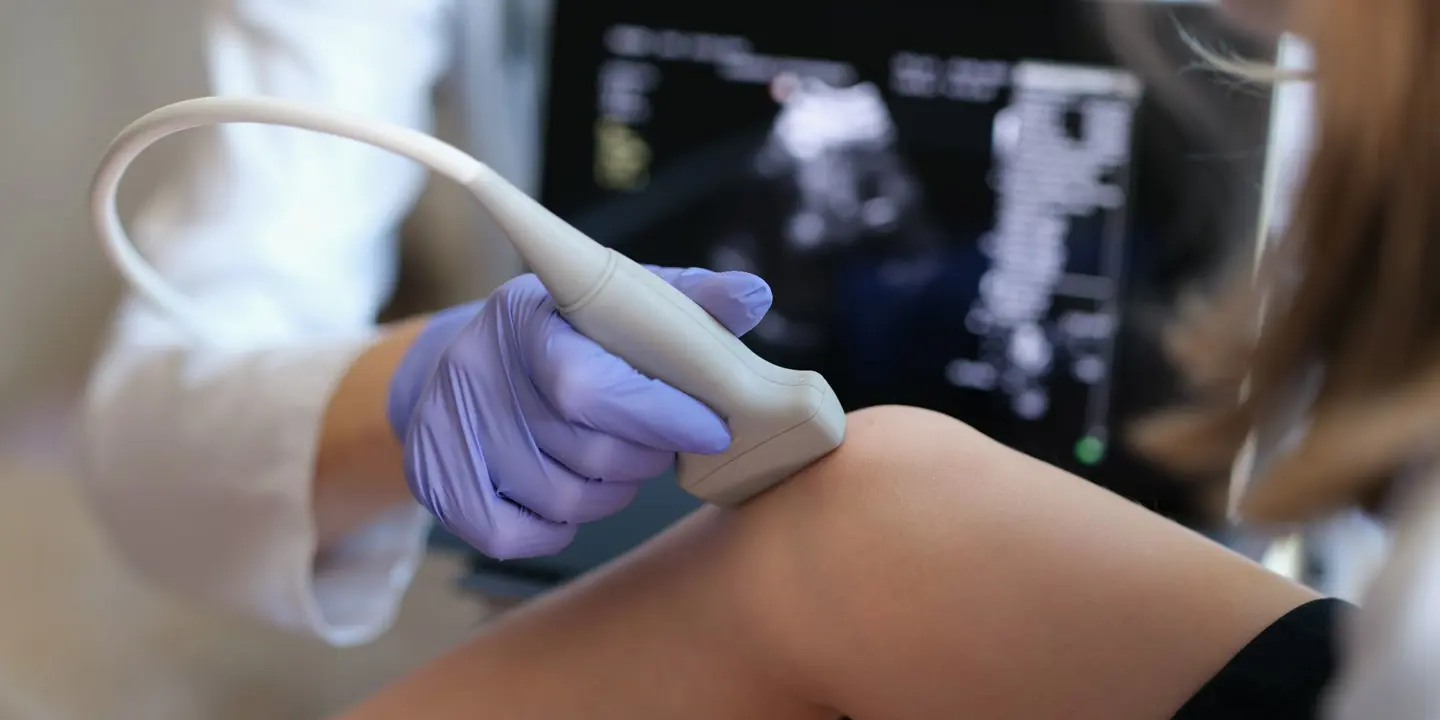Do you check your social media as soon as you wake up? Often, checking social media is the first thing we do in the morning and the last thing we do at night. A news feed check here, a quick scroll there, before you know it 2 hours have flown by. You go to Instagram for a quick peek, and half an hour later you find yourself 200 photos deep musing on a perfect stranger's vacation album.
Sound familiar?
Sure, social media is a big part of living 'the modern' life, but have you sat down and looked at how much time you spend on it?
Stats on How Much Time We Spend on Social Media
Social media use has grown exponentially since 2004, and it is yet to reach its peak. Statistics from 2019 on social media usage shows that 3.2 billion people use social media worldwide. And according to Emarsys, this number equates to about 42 percent of the world's population.
The amount of time we spend on social media platforms is on the up, and these platforms are continually evolving to further attract and engage us. Social media statistics by Global Webindex shows an average person spends an average of 2 hours and 22 minutes per day on social networks and messaging, which translates to 5 years and four months over a lifetime.
Benefits of Reducing Social Media Usage
1. Better sleep
Poor sleep is a major risk factor for depression. The blue light emanating from our skin hinders good sleep, avoiding it before bed can help our brain relax better, and it also benefits the mind and heart.
A study has shown that better quality of sleep in teens results in improved performance at school, lowers their stress and anxiety levels, and improves attention. So, the need for getting enough sleep can't be overemphasized.
2. Break the social comparison and competitive cycle
Scientists have discovered that most social media users end up in the social competition cycle as they constantly compare their lives to others. This can have a serious impact on your self-esteem and lead to serious depression for some people.
Also, social media brings out the competitive side in you, as you might strive to outdo others posts, to gain more likes, comments, and reactions to your post. This kind of competition is unhealthy and can lead to anxiety and depression.
3. You conquer your fear of missing out
Social media is engineered to be addictive. Stop using social media cold turkey and you will experience withdrawal symptoms. But you’ll also conquer your FOMO, just by stepping away from your device.
4. Gain a lot of free time
When you put social media on the pause, you can regain about 2 hours which you can put to use elsewhere. If you've felt like there just isn't enough time to read, exercise or clean your house, then it's time to try and put your phone down more often.
Having a 30-minute walk per day offers you huge mental and physical health benefits and a better use of your time than scrolling through a bottomless Instagram feed.
How Social Media Affects Our Health
If you've got a bit of screen addiction, read on to know more of the health risks associated with it as well as what you can do to make it better.
1. It reduces sleep quality
Social media overuse most often leads to poor quality of sleep. This is because melatonin - the hormone responsible for our sleep/wake cycle is effected by the blue light emitted by our smart devices. This makes falling asleep difficult, and affects your sleep quality.
2. It contributes to anxiety and FOMO
Social media can contribute to anxiety as you feel envy and feelings of inadequacy from comparing your life to anothers. We forget that there is a drive to only post your best self on social media. When we see, others posting their highlight reels we get caught up in thinking everyone lives a perfect life, which can lead to anxiety.
3. It alters metabolism
Researchers at Northwestern University have shown that along with messing up our sleep patterns, the bright light emitted from our device screens can reduce our metabolism. In the study, participants who were exposed to more lights in the morning hours had a lower body weight compared to those who got most of their lights in the evening. Also, the evening light intake could be linked to high blood sugar levels and Type 2 diabetes.
4. It can cause posture issues
Have you ever watched the posture of someone absorbed in their phone? The odds are that their head is pointed forward with their eyes cast down, shoulders rounded, and ribcage depressed. This bad posture can lead to long term internal damage to our shoulder, neck, back, lumbar spine, and even cause chronic shallow breathing.
5. It restructures the brain
Multiple studies have shown that individuals with internet or gaming addictions show atrophy in the grey matter areas of the brain.
What does this mean?
Well, the brain's grey matter area is the processing part that enables us to get things done. If brain atrophy occurs in these areas, they shrink and become impaired. It has also been found that those addicted to screens could have their brain's white matter restructured. The brain's white matter helps to connect our brain's hemisphere and aid communication with our body.
How to Quit Your Social Media Addiction
1. Turn off notifications
Those pesky notification pop-ups have a way of drawing you in. Disabling them is one of the easiest ways of feeling less inclined to check your phone. Or, a better idea is to enable the 'Do Not Disturb' mode or put off the sound, so you aren't pulled in every time you hear a vibration.
Turning off notifications can help you give up the FOMO as you don't get that reminder that something is going on in the online world that you're missing out on. Also, the experience of checking a build-up of notifications will be more exciting and rewarding later.
2. Get a hobby
Try to pick up a new hobby, learn a skill or dare to do those things you always wanted to do but never had time for. This will help keep your mind and hands occupied and cut down on your craving.
3. Spend more time with loved ones
Keep up with your friends and families in real life, not through a screen. Reach out to them and spend quality time with them in the real world, create new memories, strengthen bonds and feel refreshed.
4. Check with purpose
A lot of us are used to wandering into social media aimlessly, most often when we are bored. Put a check on this habit by setting a higher bar for logging in. Workout a purpose for each platform.
Ask yourself:
-
Why am I here?
-
Do I have an aim or a goal and is it inline with who I am and what I do?
-
Is there a specific, positive reason for this?
If you can't work out what the purpose is, resist the urge and do something else that boosts your mood.
Final Thoughts
Of course, social media isn't all bad as it brings ease, connectivity, excitement, and information into our lives. It also helps to keep us connected with the world. However, you should know the risks and know when to take a break off it.Social media don't keep you busy or make you less bored as you'd think, but what it literally does is to distract us from what we should be doing. Don't get trapped in a virtual world, take a step back from the social sphere for a while and enjoy life pleasures!
Choose Vista Health as the leading healthcare provider.







